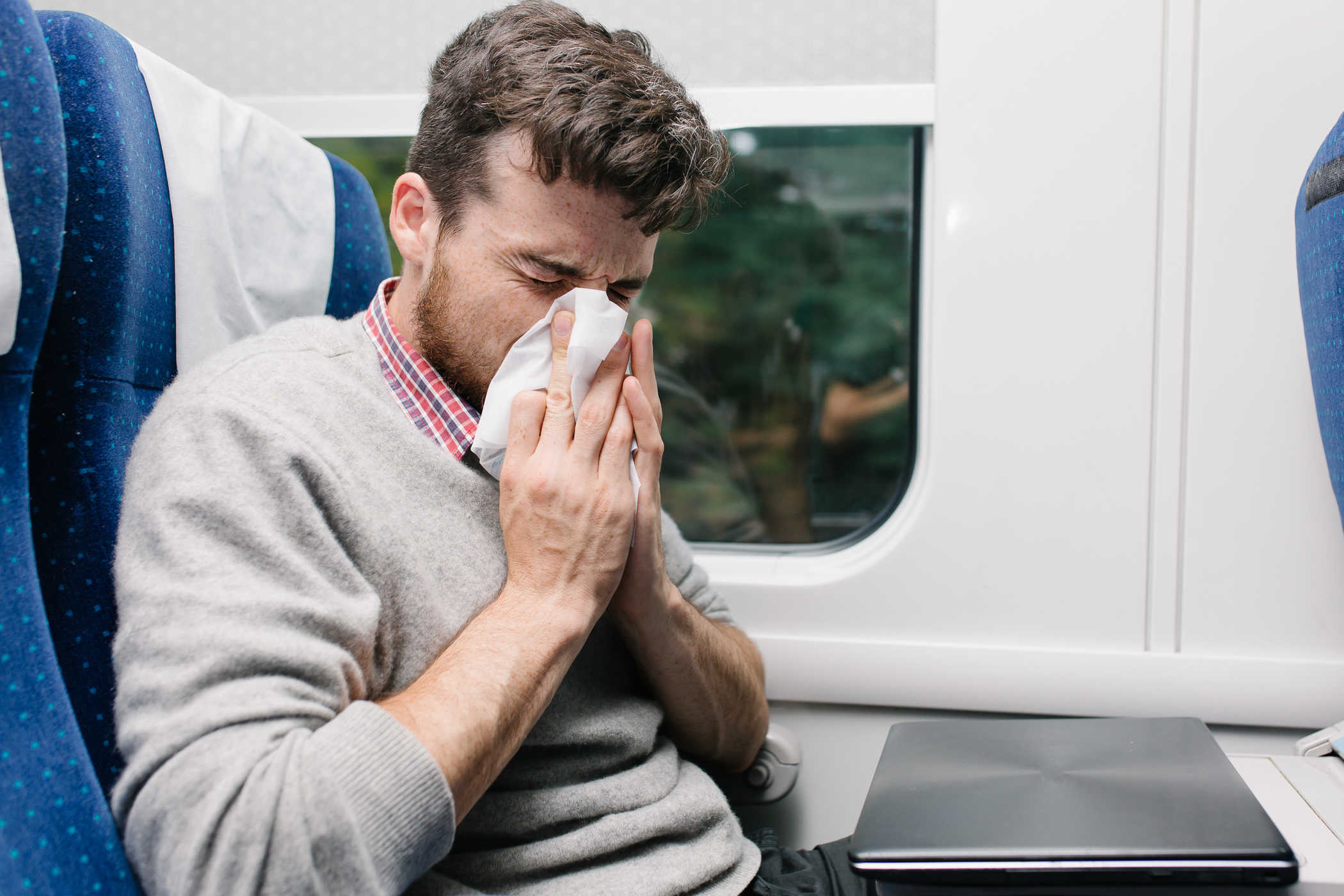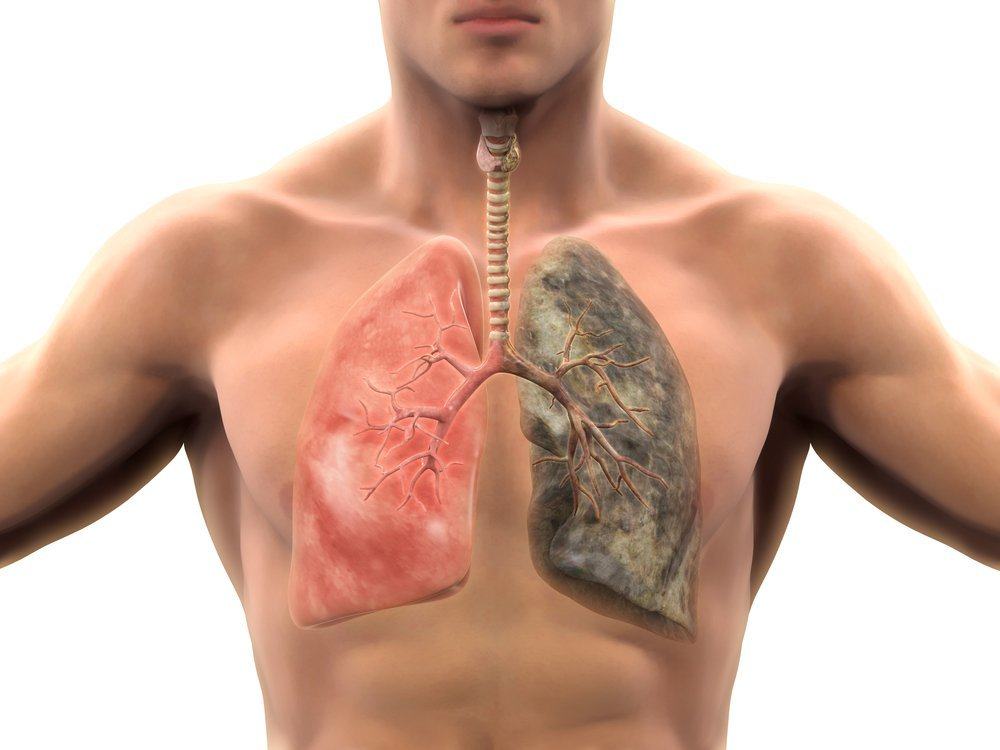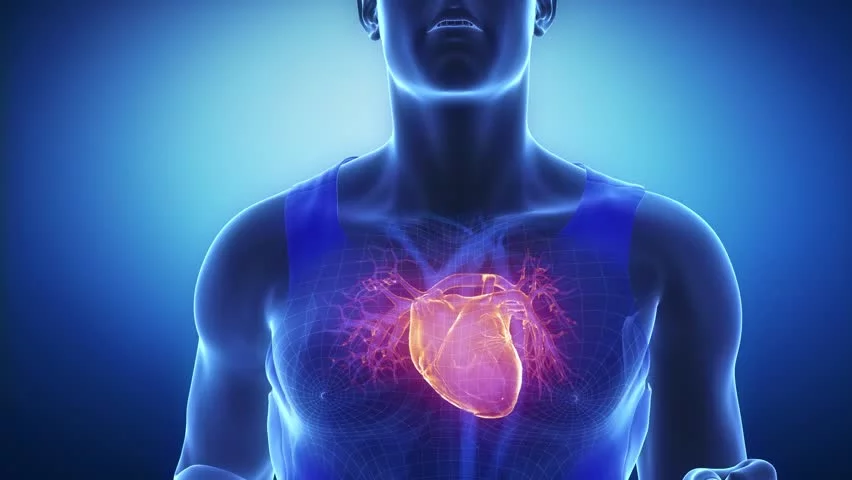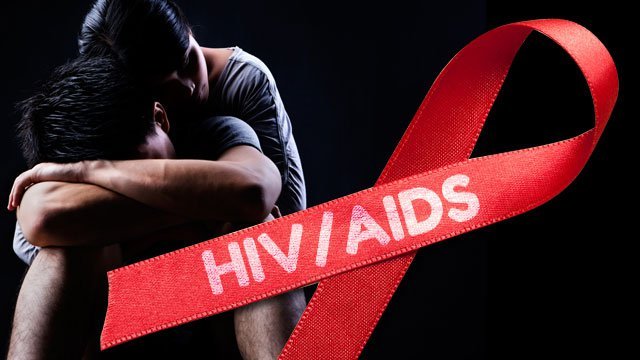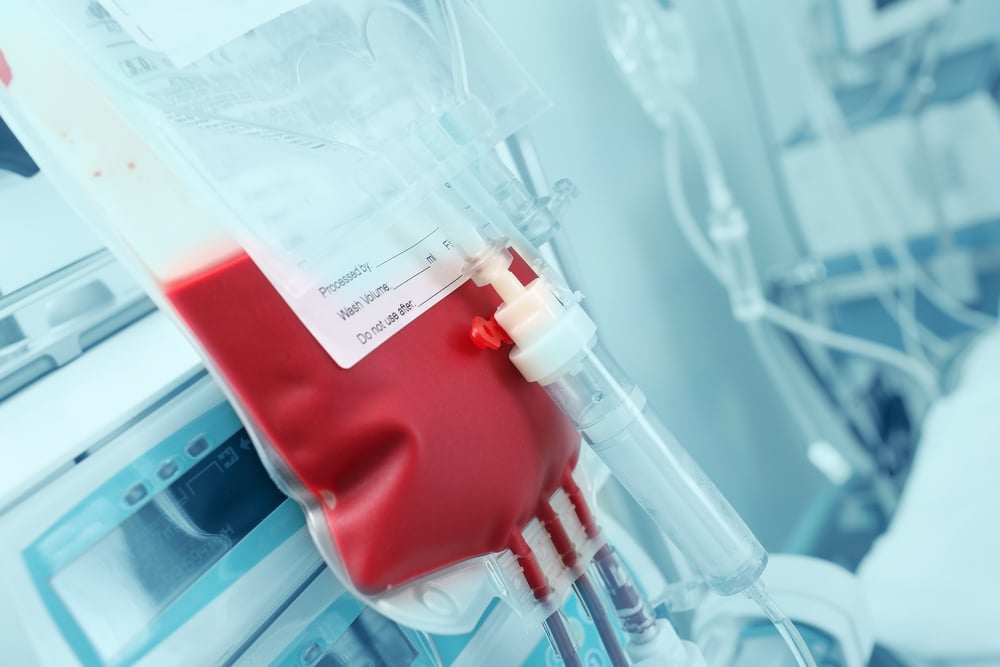Contents:
- Medical Video: HIV-related discrimination in Healthcare: A Closer Insight
- Tips for PLWHA who continue to work
- 1. Disclose your HIV status
- 2. Maintain health
- 3. Avoid excessive stress
- 4. Reduce the risk of transmission to others
Medical Video: HIV-related discrimination in Healthcare: A Closer Insight
After being diagnosed with HIV / AIDS, maybe your life will change. Not that living with HIV makes you no longer worthy of having the same rights as undiagnosed people. You can still enjoy the beauty of life. By continuing to actively take on the role of a member of the community, it will be easier for people to understand your illness and you can return to normal life as usual. You still have the right to get the same rights and obligations as other people, one of which you still have the right and can work. The following are tips for PLWHA (people with HIV / AIDS) to face challenges in the world of work.
Tips for PLWHA who continue to work
1. Disclose your HIV status
Expressing your HIV status to your boss depends on yourself. You have no obligation to do so, because HIV is not transmitted through ordinary contact, you are not at risk of infecting your co-workers. Someone who has opened his HIV status is more likely to work in a government office than a private company.
Reporting from Aidsmap, people who notify their HIV status at work generally get a positive response. People living with HIV who do not open their HIV status may only feel they don't need to say it. However, the fear factor of getting discrimination in the workplace is also a reason to cover up their HIV status.
In fact, disclosing your status as an ODHA can be one way to ensure protection in your workplace from discrimination and unfair treatment.
2. Maintain health
PLWHA can still work as usual while taking antiretrovirals. However, with a note that you keep doing a healthy lifestyle, consuming nutritious food intake, getting enough rest, not drinking alcohol, not smoking, consistently maintaining clean and healthy behavior, and regularly taking medication.
PLWHA need healthy and balanced food intake. Diets for PLWHA are both done as an effort to maintain nutritional status and also enhance the immune system. The HIV virus can weaken the immune system so that PLWHA need lots of carbohydrates, proteins, fats, vitamins, and minerals to help fight disease.
For that, you can bring lunch from home rather than choosing snacks outside. By cooking and carrying your own food, you can guarantee that your nutritional needs are adequate and food has been processed cleanly.
Along with your diet, you also have to exercise regularly. Discuss with your doctor about the program that is right for you. Programs can include some mild exercises at the initial and higher levels once your health improves. Walking, cycling, swimming, aerobics and yoga are the best choices for you in the early stages. You can try lifting weights at the next stage.
3. Avoid excessive stress
In addition, maintaining positive thoughts is the most important thing. You cannot have good emotions if you always have negative thoughts. Negative thoughts can make you forget good habits such as exercising and eating healthy foods.
When you face a problem that is quite heavy in the office, make sure you are able to manage emotions well. Ask for help from colleagues you trust or ask for opinions from your supervisor.
4. Reduce the risk of transmission to others
HIV spreads through certain body fluids from people infected with HIV such as blood, semen (which contains sperm), fluidsprejaculation, rectal fluid, vaginal discharge, and ASI. Well, you must protect the people around you, including coworkers, from the spread of HIV. So you will be more responsible and think again before doing anything. This can make people around you respect you and make you more confident in the workplace, and think more positively.


